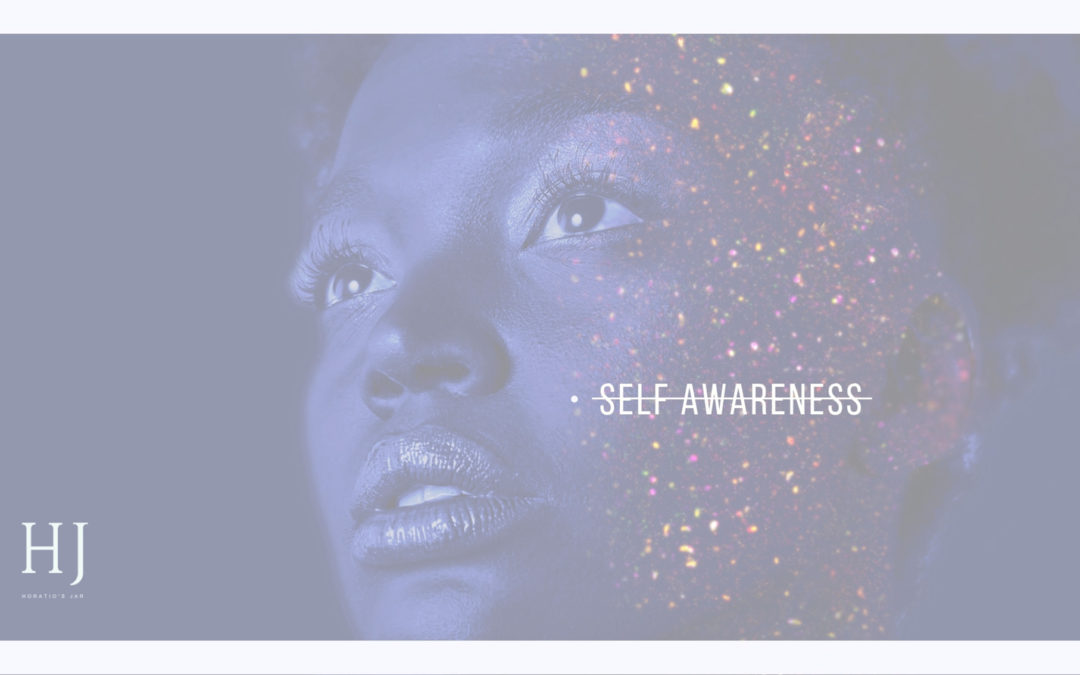Published by: Digital Schools
Self- Awareness.
To know and understand yourself, your emotions, needs and desires is probably the most important thing in life. It means you are more likely to live an authentic, fulfilling and happy existence alongside people and places that add meaning and energy to your world.
Knowing yourself means you are more likely to assert your own values, maintain personal boundaries, understand your strengths and weaknesses and make decisions that are realistic and intelligent while remaining equanimous and empathetic to your peers.
The intimate knowledge you have of yourself is called self – awareness and those who have a lot of it are more likely to achieve their goals, cultivate nurturing and meaningful relationships and feel connected and engaged with their lives and jobs.
Being self-aware means you probably have good means to adapt socially, you are aware of your own impulses, desires, limitations and are able to adapt and accommodate to different social and cultural situations. This flexibility to adapt, manage and shifting emotional and social needs of others is a skill that many can envy.
Daniel Goleman on Focus: The Secret to High Performance and Fulfilment
(Daniel Goleman, psychologist and award-winning author of Emotional Intelligence and other books on EI, challenges traditional measures of intelligence as a predictor of life success)
Self-awareness is part of an intelligence that is far more important than book smarts and forms part of the golden quadrant of emotional intelligence. People with a high EQ have these four characteristics:
- They were good at understanding their own emotions (self-awareness)
- They were good at managing their emotions (self-management)
- They were empathetic to the emotional drives of other people (social awareness)
- They were good at handling other people’s emotions (social skills)
Peter Salovey and John D. Mayer coined the term ‘Emotional Intelligence’ in 1990 describing it as “a form of social intelligence that involves the ability to monitor one’s own and others’ feelings and emotions, to discriminate among them, and to use this information to guide one’s thinking and action”.
The concept of EQ reshaped our belief of what makes someone successful and has helped us to fill the divide between why some people who have a really high IQ still flounder in life. It answered the mysterious question as to why people that are really successful, wealthy or famous still feel miserable, unworthy and unsatisfied.
Daniel Goleman, a science journalist and the author of Emotional Intelligence (1995) argued that EQ was the deciding factor in success over IQ.
People that have strong emotional intelligence make better leaders are often more successful and experience greater life satisfaction than those without it because they have a deeper understanding of human emotions and can think and resolve problems creatively and empathetically.
The science of emotions – Jaak Panksepp @ TEDxRainier

Developing your emotional quota begins with developing your self-awareness and one of the best ways to develop this is to practice meditation, cognitive behavioural therapies and mindfulness. These practices are all designed to help you self-examine, self-soothe and become self-reliant and resilient when it comes to life’s obstacles. When you can learn to identify your emotions, feel and connect with them, understand their place and engage with them appropriately you are able to communicate and interact with the world more effectively.
Guest Contributor: Emily Rack
Business Name: Horatio’s Jar
Publisher: Digital Schools
Emily Rack is a yoga teacher, meditation instructor, freelance writer and visual content creator. She incorporates a unique creative flair into her yoga and meditation classes, courses and workshops. Emily hosts events and classes in schools and the wider community & is passionate about teaching the art of mindfulness.


